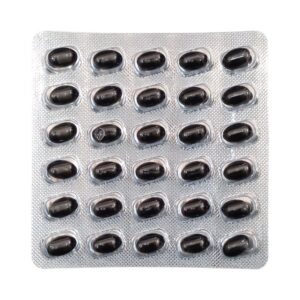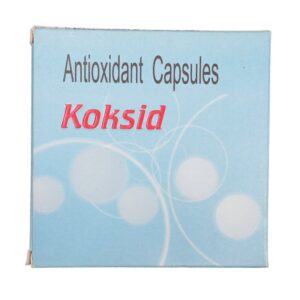ANTIOXIDANT
ANTIOXIDANT: Drug Name: Antioxidant
Use: Antioxidants are substances that help protect the body from damage caused by unstable molecules called free radicals. Free radicals can damage cells and contribute to aging and various diseases including heart disease, cancer, and neurodegenerative disorders. Antioxidants help neutralize these free radicals and prevent or reduce the damage they can cause.
Mechanism of Action: Antioxidants work by donating electrons to neutralize free radicals, thus preventing them from causing damage to cells. They also help regenerate other antioxidants within the body.
Dose: There is no specific dose for antioxidants as they are not a single drug, but rather a group of substances found in various foods and supplements. Antioxidants can be acquired through a balanced diet rich in fruits, vegetables, whole grains, nuts, and seeds. Some common antioxidants include vitamins A, C, and E, as well as minerals like selenium and zinc.
Side Effects: Antioxidants obtained from food sources are generally safe and well-tolerated. However, high doses of antioxidant supplements may have potential side effects. For example, excessive vitamin C can cause diarrhea, nausea, and stomach cramps. High doses of vitamin E can increase the risk of bleeding. In some cases, antioxidant supplements can interact with certain medications, so it’s important to consult a healthcare professional before starting any new supplement regimen.
It’s worth noting that while antioxidants are beneficial for overall health, taking excessive amounts of antioxidant supplements is not recommended as it may disrupt the natural balance of the body’s antioxidant systems. It’s best to obtain antioxidants through a varied and balanced diet rather than relying solely on supplements.


